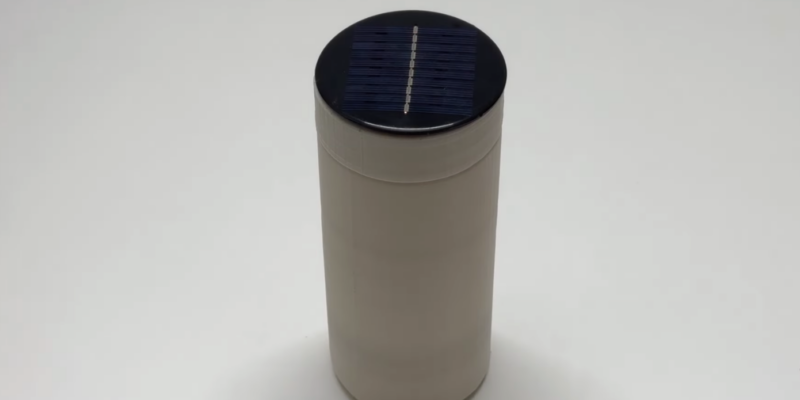
Set in a basement on a residential street, around 20 minutes ride on the metro train from Athens city centre, is Hackerspace.gr (HSGR). It’s a vibrant and cheerful place that is welcoming from the outset.
Running since 2011, HSGR is open every day and evening and is free to use, with some members opting to pay a small subscription to keep the place afloat.
It’s extremely well equipped, and some of that is a testament to the astonishing projects that have come out of this space. SatNOGS and the Libre Space Foundation were born here, but the list of projects is longer: cryptoparties, high-altitude ballooning, food hacking, working on OpenROV projects, and more can be found on the events calendar.

The first part of the space is the computer lab area with lots of desks and work area. It can be reconfigured as an event space and is suitable for hosting workshops – for example, the Athens NASA Space Apps hackathon is held here.
Decent WiFi, projector and screen, and a fridge full of cold drinks make this a useful space, with the DIY RetroPie arcade machine providing some entertainment. Due to space constraints/ventilation, the A3 laser cutter is also in this section.
Moving to the central section, we find a long, wide corridor with a small kitchen on one side and a massive, long workbench on the other. It has plenty of workspace and a good collection of hand and power tools.
Projects that have been developed in-house are to be seen, with a DIY vacuum chamber and an experimental satellite deployment system on the bench. A good-sized benchtop lathe stands next to a larger benchtop manual milling machine and the associated tooling for them is either new, or there is a great collection of second-hand, quality Russian tools sourced from local flea markets and traders.
In the furthest part of the space, we turn a corner into a well-equipped electronics lab – multiple, quite costly pieces of equipment catch our eye, such as the high-end signal generator and the bank of differing Rigol scopes.
A drone project hangs from the ceiling, and a collection of SatNOGS project rotators are stacked in a corner. We featured the SatNOGS project in issue 18, but as a reminder, it’s the open-source decentralised network of DIY satellite ground stations that span the globe, and the project that won the 2014 Hackaday Prize.

That year’s prize was substantial and enabled the formation of the Libre Space Foundation, which in turn led to projects such as UPSat, the open-source CubeSat that was deployed to low Earth orbit from the International Space Station.
We finish the tour with a corner that has a few 3D printers and a modified Shapeoko 2 CNC machine.
It’s really well-equipped as a space and has such a wealth of knowledge and skills shared in its members. If you are in Athens, we recommend you go and check out this friendly and well-established space.
Let Us Know About Your Makerspace
We’d love you to get in touch to showcase your makerspace and the things you’re making. Drop us a line on Twitter @HackSpaceMag, or email us at hackspace@ raspberrypi.org with an outline of what makes your hackspace special, and we’ll take it from there.





